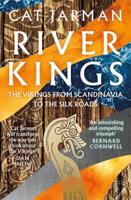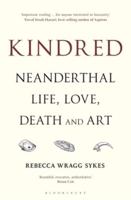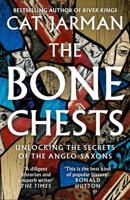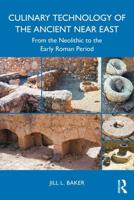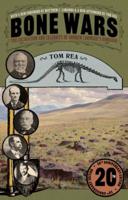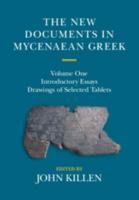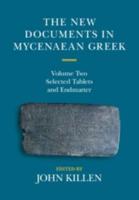Publisher's Synopsis
Volume 6 maintains the journal's goal to cover the broad chronological spread of Greek Archaeology, ranging from a new review of the Mesolithic occupation at Theopetra, one of the most important hunter-gatherer sites in Greece, to a detailed analysis of how the distribution of Middle Byzantine churches in the Peloponnese enlightens us into the evolution of human settlement and land use. Prehistory is richly represented in further articles, as we learn about Middle Bronze Age society on Lefkas, the dispute over exotic primates portrayed on the frescoes of Santorini, a new Minoan-style peak sanctuary on Naxos, and Post-Palatial settlement structure on Crete. Bridging prehistory to historical times, a detailed study rethinks the burial and settlement evidence for Early Iron Age Athens, then entering the Archaic period, an original article links textual analysis and material culture to investigate dedicatory behaviour in Ionian sanctuaries. As a special treat, that doyen of Greek plastic arts Andrew Stewart, asks us to look again at the evidence for the birth of the Classical Style in Greek sculpture. Greek theatres in Sicily are next contextualised into contemporary politics, while the sacred Classical landscape of the island of Salamis is explored with innovative GIS-techniques. For the seven-hundred years or so of Roman rule we are given an indepth presentation of regional economics from Central Greece, and a thorough review of harbours and maritime navigation for Late Roman Crete. Finally we must mention a methodological article, deploying the rich data from the Nemea landscape survey, to tackle issues of changing land use and the sometimes controversial topic of ancient manuring.

